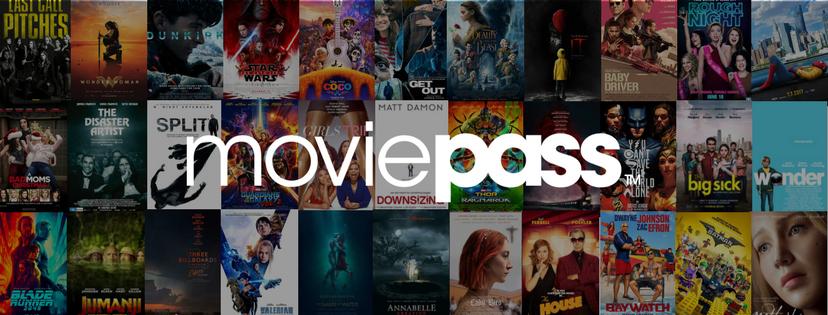Who Owns MoviePass and Will It Make a Comeback This Summer?
MoviePass has announced that it's coming back this summer. Who owns the company now and will it make a comeback in the summer of 2022?
Feb. 11 2022, Published 11:42 a.m. ET
Subscription service MoviePass has announced that it's coming back this summer. The company was popular in 2018 but eventually failed. Who owns the company now and will it make a comeback in 2022?
MoviePass is coming back at a time when the cinema industry is facing increased competition from the streaming industry. However, in the short term, the industry could see better days as the omicron variant of the COVID-19 virus subsides in the U.S.
Who owns MoviePass?
Stacy Spikes, who co-founded MoviePass in 2011, took over control of the company after a bankruptcy filing. The company was held by Helios and Matheson Analytics until after it acquired the then-popular subscription service in 2017.
Why did MoviePass fail?
MoviePass grew rapidly between 2017 and 2018. However, while its subscribers increased, the company wasn’t profitable. The business model was questionable. Subscribers started watching too many movies, which led to massive losses for the company.
MoviePass also lowered the subscription price to $10 a month. At that price point, the company couldn’t make money. MoviePass also didn't have a good relationship with cinema chains, many of which have since launched their competing loyalty plans.
At the peak in 2018, MoviePass had over 3 million subscribers. Almost a fifth of the box office collections of some of the leading independent titles came from MoviePass that year. However, battling higher losses, the company had to reduce the subscription terms and barred subscribers from watching the same movie more than once. The company also put a limit on the number of titles a subscriber was entitled to every month.
While MoviePass aimed to cut down its losses with these changes, the reverse happened and its subscriber numbers fell by over 90 percent by April 2019. The company shut down in September 2019 and filed for bankruptcy in 2020.
Is MoviePass coming back?
MoviePass has confirmed that it's coming back in what it calls "MoviePass 2.0." According to the MoviePass website, “Through dynamic ticket pricing, centralized smart advertising, MoviePass is creating an end-to-end cinematic marketplace that will allow theaters to respond and innovate to movie-goer passions and demands, resulting in the future of cinema.”
The company says that within the first 48 hours, it has brought in 100,000 new users. It's also looking for investors to fund the company’s comeback. MoviePass listed the reasons why it thinks the time is right for its comeback.
Why is MoviePass coming back now?
According to MoviePass, its platform will help drive higher sales at movie theaters. The company thinks that while many other industries have warmed up to the subscription model, the cinema industry hasn’t seen similar traction. Finally, MoviePass talks about the “eager audience.” The company thinks that moviegoers are “more excited than ever to get back into the theater and experience films the way directors intended.”
Will MoviePass be successful this time?
The issues that caused MoviePass to fail are still there, especially since cinema chains have their loyalty programs. AMC Entertainment has a loyal shareholder base that gets extra benefits at the cinemas.
MoviePass will likely struggle to compete with loyalty programs like AMC’s A-list. According to Eric Handler, a media and entertainment analyst at MKM Partners, “MoviePass can’t offer what A-List and Movie Club can offer because those two services can offer concession benefits as well.” He added, “Having an independent service is highly unlikely to work unless there are smaller circuits who maybe want to offer some type of white-label service.”


